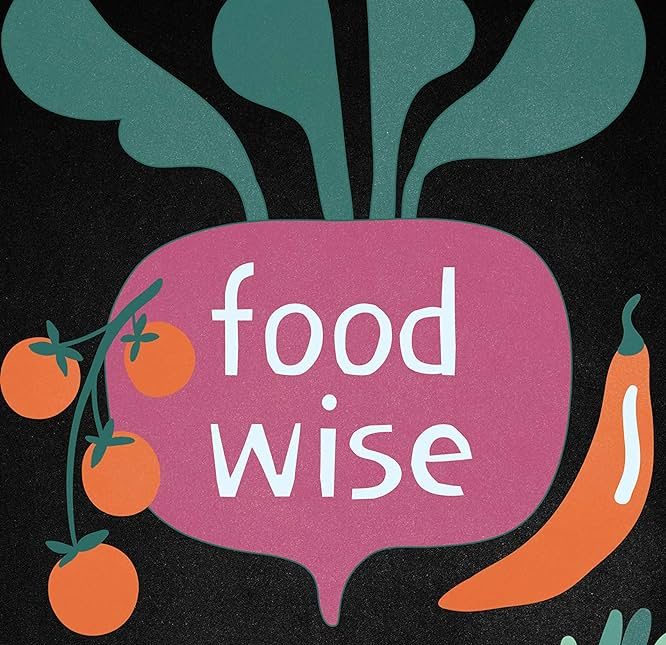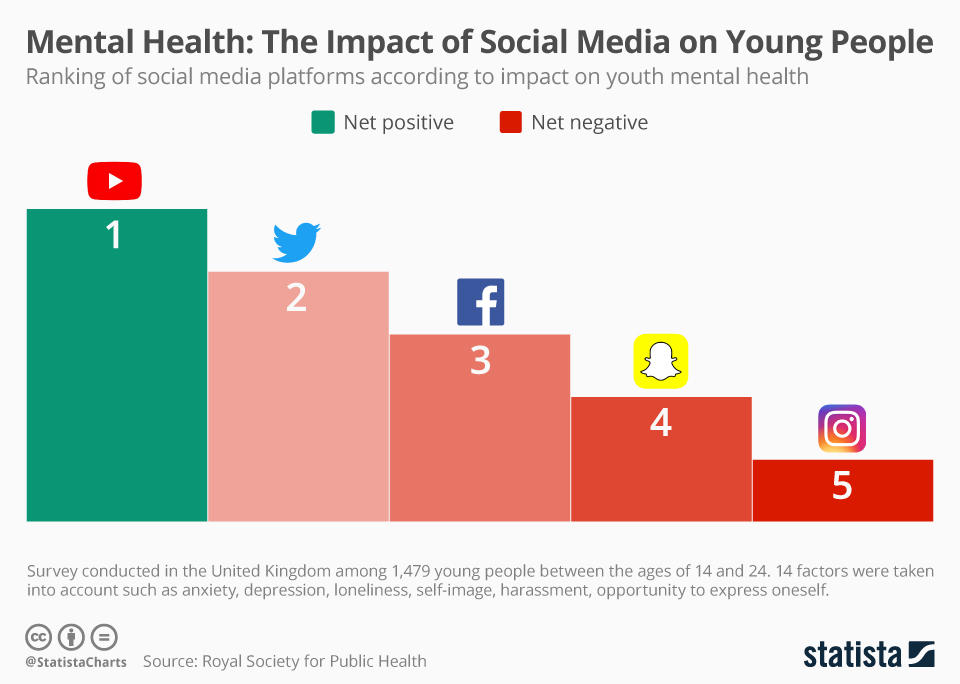Introduction
In a world where food choices can have far-reaching consequences on the environment, making sustainable choices is no longer just a buzzword; it’s a responsibility. From reducing carbon emissions to preserving biodiversity, our dietary decisions play a significant role in shaping the future of our planet. In this article, we will delve into the world of sustainable food choices, offering insights, tips, and practical advice to help you make eco-friendly decisions that benefit both you and the environment.
What Is Sustainable Food?
Sustainable food, simply put, is food that is produced, processed, and consumed in ways that do not harm the environment, society, or the economy. It’s a holistic approach to food production and consumption that takes into account various factors, including:
Environmental Impact: Sustainable food production aims to minimize the use of natural resources like water, land, and energy. It also strives to reduce greenhouse gas emissions and protect ecosystems.
Social Responsibility: Sustainable food practices ensure fair labor practices, safe working conditions, and equitable distribution of resources within the food supply chain.
Economic Viability: Sustainability in food systems includes supporting local economies, reducing food waste, and creating economic opportunities for all involved in the food production cycle.
Now that we understand what sustainable food is, let’s explore why it’s important and how you can make informed choices.
Why Choose Sustainable Food?
There are compelling reasons to opt for sustainable food choices:
Environmental Preservation: Unsustainable agriculture practices contribute significantly to deforestation, soil erosion, and loss of biodiversity. By choosing sustainable options, you help protect natural ecosystems and reduce the overall environmental impact of food production.
Reduced Carbon Footprint: The food industry is a major contributor to greenhouse gas emissions. Sustainable food choices, such as reducing meat consumption and supporting local, seasonal produce, can significantly lower your carbon footprint.
Health Benefits: Sustainable diets often promote a healthier lifestyle. Incorporating more plant-based foods, reducing processed foods, and consuming sustainably sourced fish can lead to better overall health.
Support for Local Communities: Choosing locally sourced products and supporting small-scale farmers can boost local economies and promote social sustainability.
Tips for Making Sustainable Food Choices
Eat Seasonal and Local: Purchase fruits and vegetables that are in season and grown locally. This reduces the carbon footprint associated with transporting produce long distances.
Reduce Meat Consumption: Consider incorporating more plant-based meals into your diet. Meat production is resource-intensive and has a high environmental impact. Opt for plant-based protein sources like beans, lentils, and tofu.
Choose Sustainable Seafood: Look for eco-certifications like the Marine Stewardship Council (MSC) or Aquaculture Stewardship Council (ASC) when buying seafood. These labels ensure that the seafood is sourced responsibly.
Minimize Food Waste: Reduce food waste by planning your meals, storing food properly, and using leftovers creatively. Food waste is a significant contributor to environmental problems.
Support Sustainable Brands: Research and support brands that prioritize sustainability in their production methods and sourcing. Look for certifications like Fair Trade, Organic, and Non-GMO.
Grow Your Own Food: If possible, consider starting a small garden or growing herbs on your windowsill. This not only reduces your reliance on store-bought produce but also connects you to the food production process.
Educate Yourself: Stay informed about food sustainability issues and developments. The more you know, the better choices you can make.
Conclusion
In a world facing numerous environmental challenges, making sustainable food choices is a powerful way to contribute to positive change. By adopting a sustainable approach to food, you can reduce your carbon footprint, support local communities, and promote healthier eating habits. Remember that every choice you make at the grocery store or in your kitchen has an impact. By making sustainable food choices, you are not only nourishing yourself but also helping to sustain the planet for future generations.





